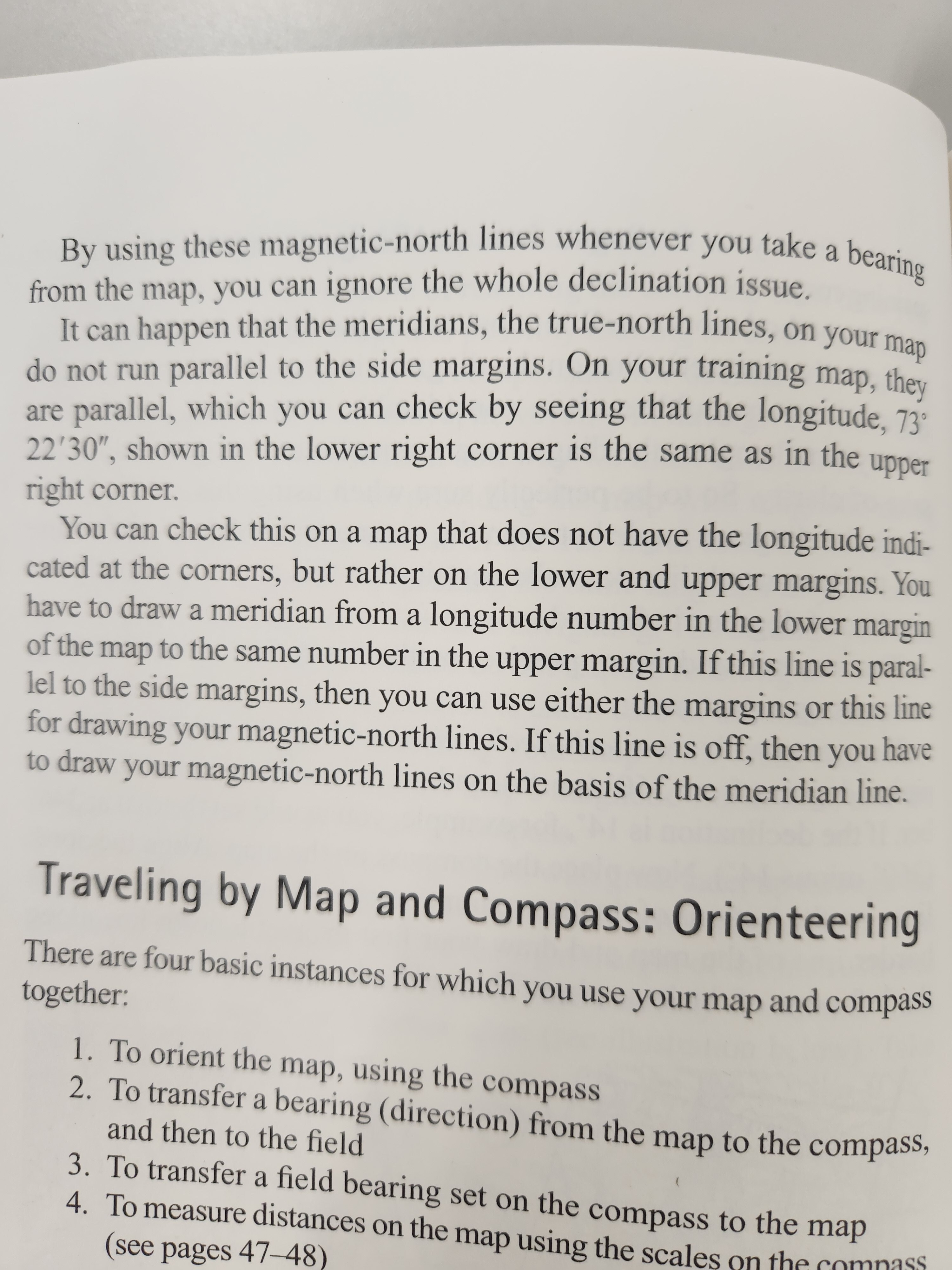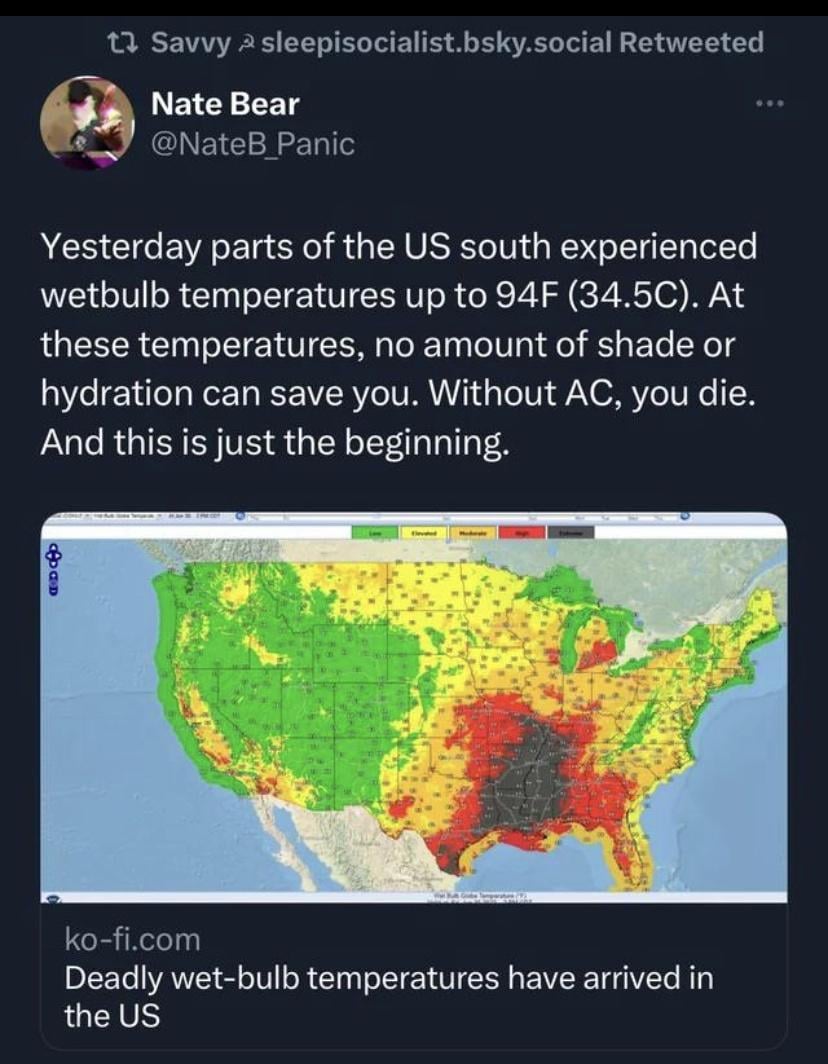Preppers/survival
488 readers
1 users here now
Also about survival, urban survival, grey man, Preparedness, Self-sufficient, Resilient, Adaptable, Low profile
A place to share information on emergency preparedness as it relates to disasters both natural and man-made.
Would you survive in the event of economic, political and social collapse? What natural disasters such as tornadoes, earthquakes or hurricanes are prevalent in your area? What can you do? What should you be doing now? What do you need to know/have?
This is a community for those who think that it's better to be safe than sorry, and that we need to start preparing now.
founded 2 years ago
MODERATORS
1
2
3
4
5
6
7
1
The ancient practice of livestock guardian dogs is highly successful on Australian farms today
(theconversation.com)
8
9
10
11
12
13
14
15
16
17

